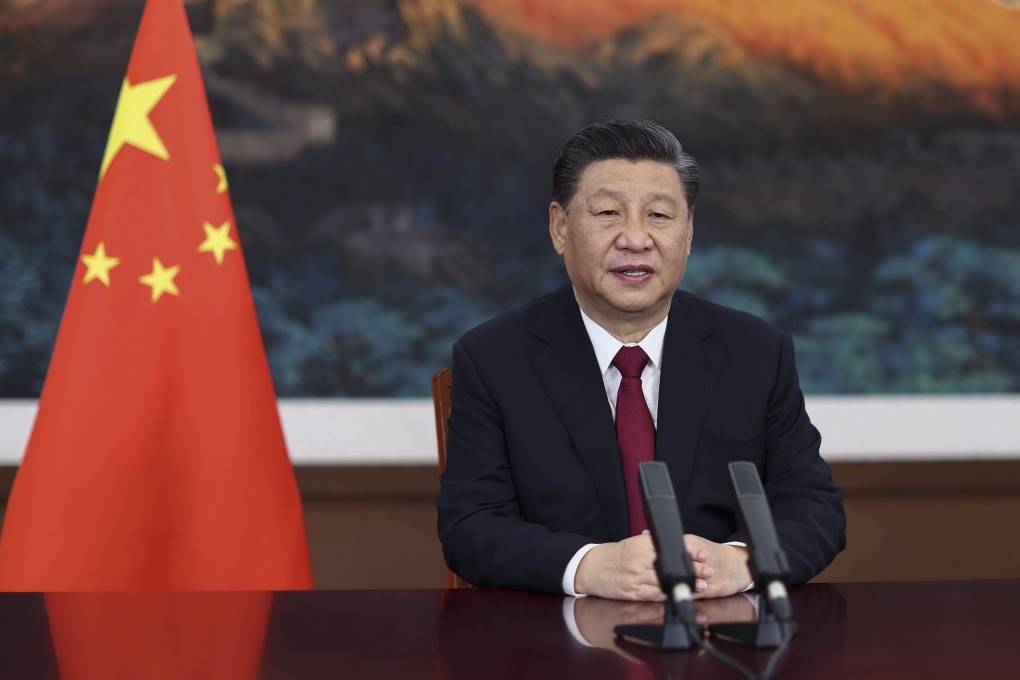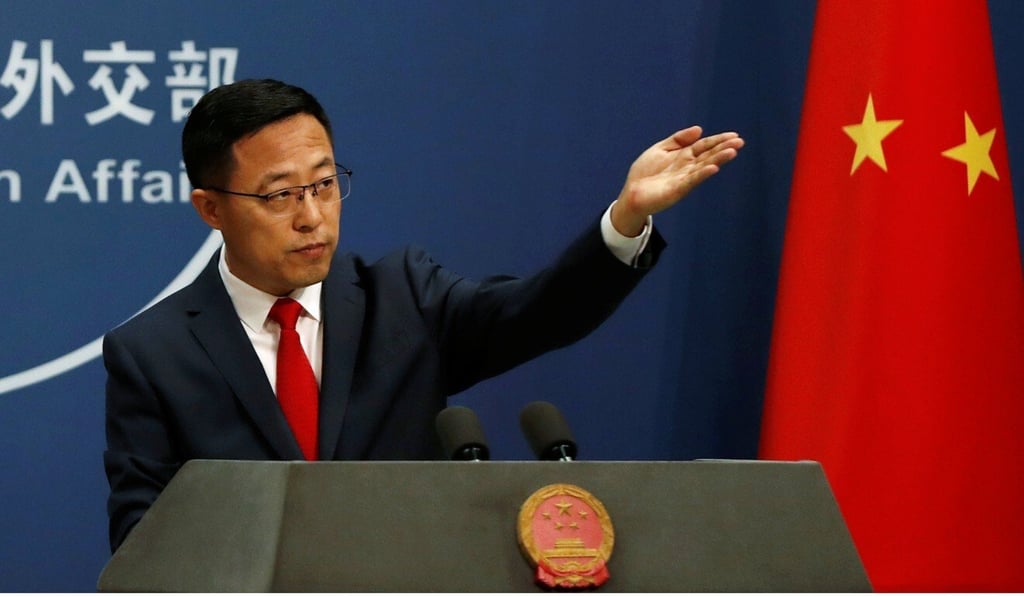Xi Jinping wants isolated China to ‘make friends and win over the majority’
- Chinese president calls for better communication to improve the country’s image and counter criticism
- He tells Politburo that ‘high-level experts’ should use global conferences, forums and foreign media to speak out

China’s president has called for better international communication to repair the country’s coronavirus-hit image and win a battle of narratives with the US and its allies.
It is not the first time Xi has called on party cadres and state-controlled media to “tell China’s stories well” to the world and present the country in a positive light.
But Chinese observers said his latest call was a rare admission of Beijing’s isolation that has been exacerbated by aggressive “Wolf Warrior” diplomacy and ineffective propaganda and influence campaigns abroad. It also suggests how Beijing will seek to shift the unfavourable narratives in its ideological and geopolitical wrangling with Western democracies.

Xi highlighted the need to “create a favourable external public opinion environment” and strengthen communications “under the new situation” to secure its rise, state news agency Xinhua reported on Tuesday.